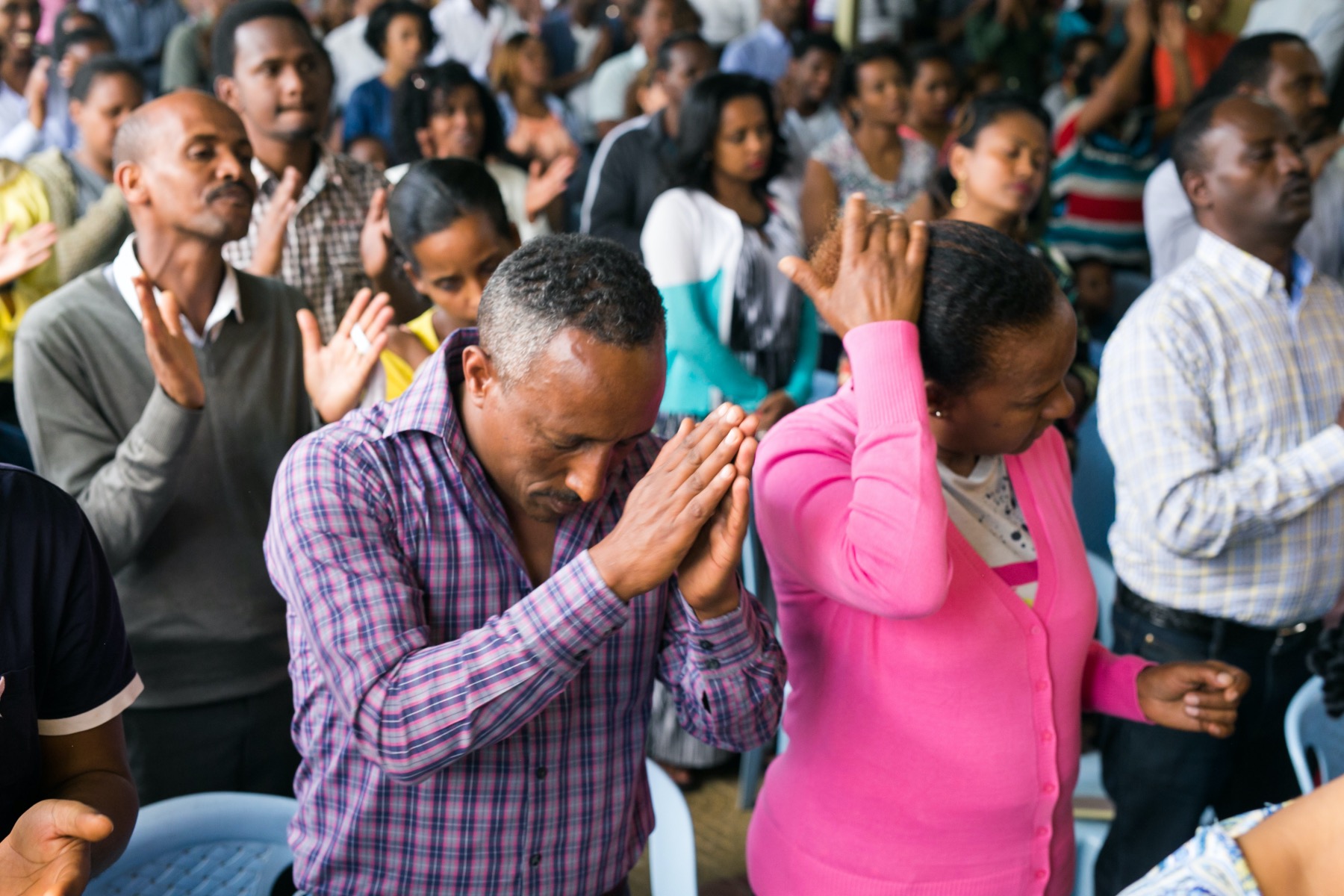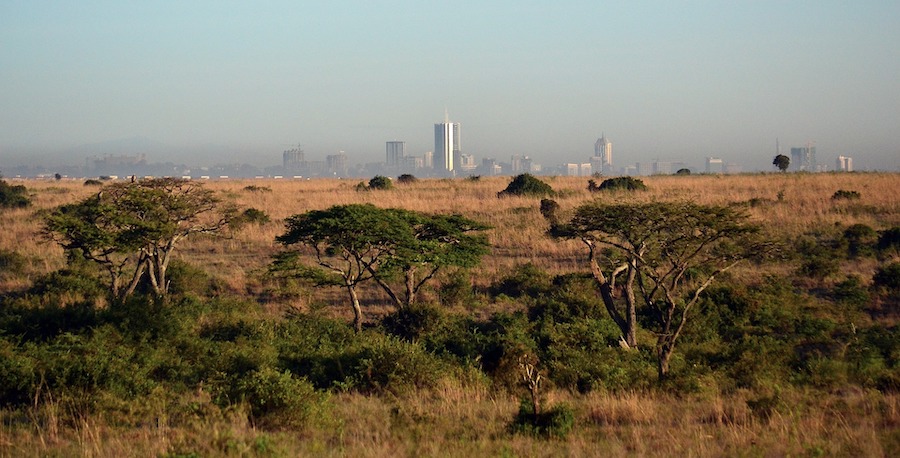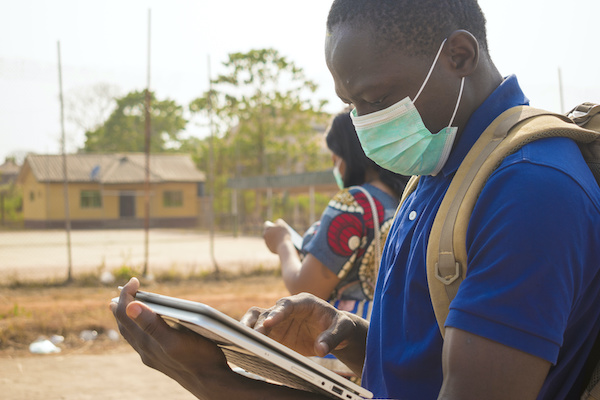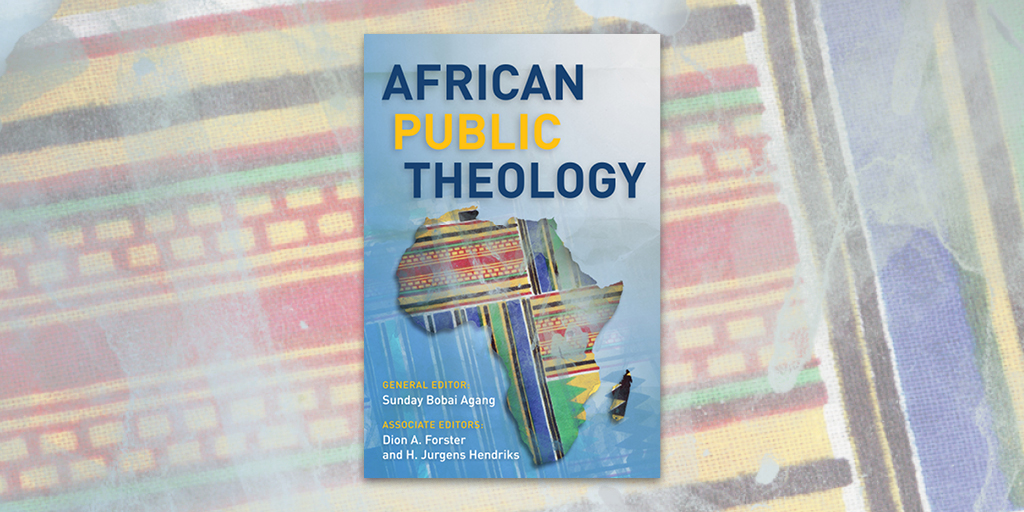A Public Faith
What is the relationship between faith and public life? Specifically, how does religion impact how we live as Christians in religiously and culturally diverse societies? Moreover, what is the impact of diverse, and even contradictory, views on issues of public concern upon our beliefs and practices?
COVID-19 and Church Gatherings
The COVID-19 pandemic has highlighted the importance of careful theological engagement at the intersection of faith and public life.
The spread of the coronavirus has changed most aspects of contemporary existence. It has been heart-breaking to learn of the devastating loss of life that has been evidenced in many countries around the world. As a result, many governments have implemented strict measures in their attempts to minimise the spread of the virus. These extraordinary measures have disrupted regular economic activities (such as work and schooling), freedom of movement (such as leaving one’s home for regular personal or social activities), and public gatherings (such as participating in sports events, cultural events, and religious gatherings).
Of course, these measures have also impacted churches throughout the world. In most countries, large gatherings are prohibited. This has meant that regular worship services are not allowed to take place. The response to this among Christians has been varied.
The curtailing of religious freedom has led to a fierce debate about whether churches should remain closed or should re-open. Some claim that it would be irresponsible for churches to open their doors since such gatherings would put persons at risk of catching the coronavirus. Others feel that Christians should have the right to exercise their religious freedom by gathering for worship, prayer, and teaching.

What is the right thing to do?
As you can see, this is a theological issue – what would God want? But it also touches on medicine (epidemiology), the law (religious freedom), and ethics (the right thing to do). It is a mistake to assume that God only operates within the church! God’s will can also be achieved through doctors, lawyers, and politicians. They too can help us to figure out what God would want, and what the most ethical and responsible choice is from a Christian theological perspective.
A Public Theology
Public theology aims to provide resources for Christians to engage issues of this nature (i.e. at the intersections of faith and public life), in a responsible and faithful manner. Whether it be questions around religious freedom, health care, economic justice, political corruption, war, inter-religious engagement, human sexuality, or a whole host of other matters of public concern.
Research is showing that while formal church membership and attendance may be declining in some contexts in the West, this is not the case in Africa, Latin America, and parts of Asia. Moreover, even in the West there has been an emergence of a “post-secular” worldview in which spirituality and belief are making a significant return.
Of course, this is both positive and negative. In many instances, faith makes a constructive contribution to public life. It is a source of orientation for individuals and communities. It allows people to make meaning of hardship, address challenges, and find a set of moral values that shape their individual and social lives for the common good. In other contexts, however, faith and religion are destructive. They can become a source of conflict, leading to violence, war, or the denial of human rights and various freedoms.
African Public Theology
This is certainly also the case in Africa. Africa remains one of the most religious regions on the planet. In fact, it is recording the largest numerical growth in Christianity anywhere in the world. Christians and churches do a great deal to contribute towards the common good of communities all over the continent. Whether through basic charity, such as feeding the hungry and caring for the sick, or engaging in social empowerment through providing education and training, churches and Christian organisations are an important part of many contemporary African societies.
However, while this is the case, we also recognise that the continent, and its many diverse peoples, suffer a great deal from historical injustices and contemporary failings. Slavery, colonialism, and the large-scale extraction of natural resources from Africa have left the continent in poverty. Sadly, this has been compounded by unscrupulous political leaders, wars, and natural disasters.
Addressing these problems requires deep, multidisciplinary, and interdisciplinary engagement on issues such as democracy, economics, education, health care, peace, leadership, the arts, and of course theology.
Prof Sunday Agang, lead editor of the newly published book entitled African Public Theology (HippoBooks, 2020), sought to address some of these issues by answering the question “What is the Africa God wants?”

He and professors H. Jurgens Hendriks and Dion A. Forster gathered a total of 30 chapters from experts in various disciplines from across the African continent, asking them to think theologically about this question in relation to their personal fields of expertise.
This book aims to provide Christians, ministry leaders, and theologians with the resources to engage issues of public concern. Each of the chapters provides insights that have a biblical and theological profile, while engaging expertise from other fields. The resulting conversation with experts in politics, economics, the social sciences, natural sciences, and the humanities enriches and deepens theological reflection.
The role of a public theologian is to act as a host for such conversations, but also to help translate between Christian theological convictions and the insights gained from experts in other fields. Public theology aims to provide guidance and direction that is an expression of the will of God for society. In particular, public theology aims to provide resources that can address specific contextual needs and concerns.
So, to return to the issue with which we started, should churches re-open in Africa? The answer to the question will require a careful, robust, and honest engagement between theologians, ministry leaders, medical experts, and experts in the law – to name just a few.
At the end of the day, our desire should be to provide truthful and responsible guidance that draws upon the very deepest of our faith convictions, which are expressed not only in the church’s theological commitments, but also in God’s work in other spheres of society.
Buy African Public Theology today to engage with the world in which you live in a more informed, biblical way.
More information, including a full table of contents is available on the book’s product page.





